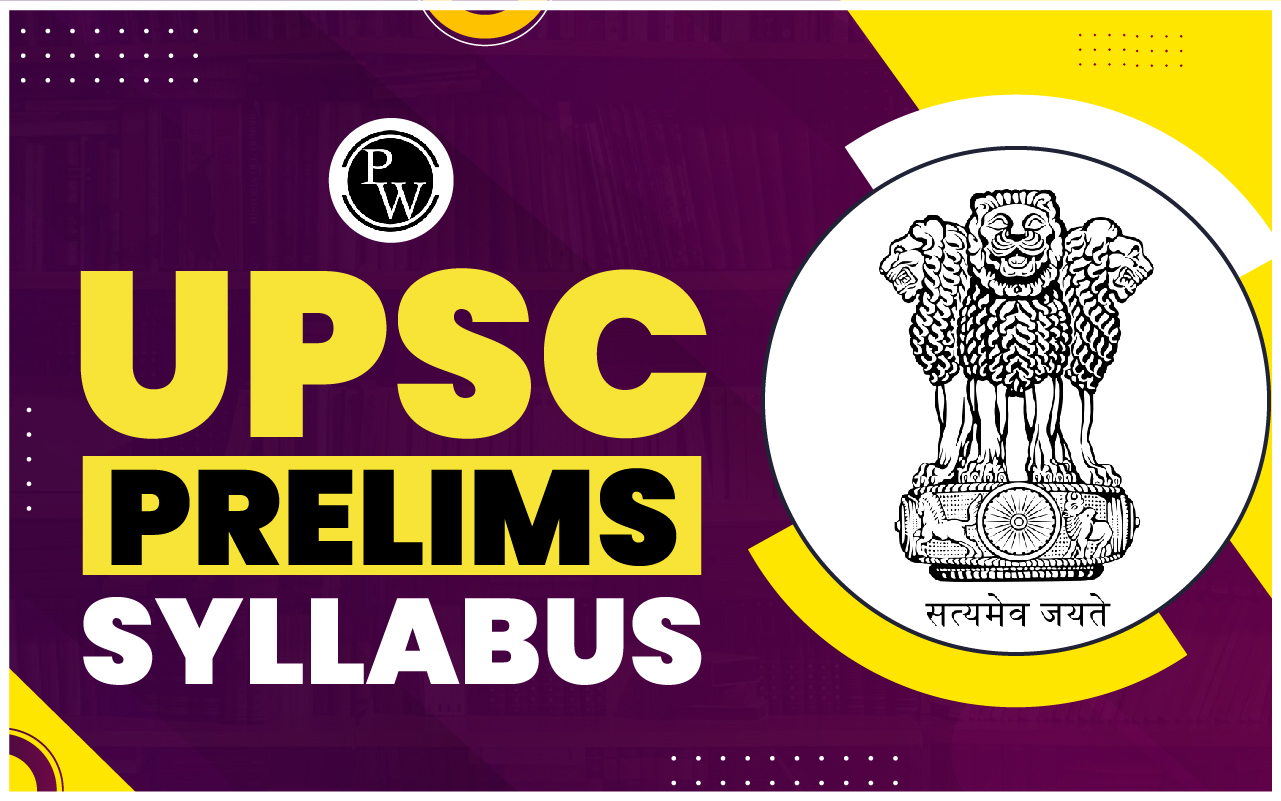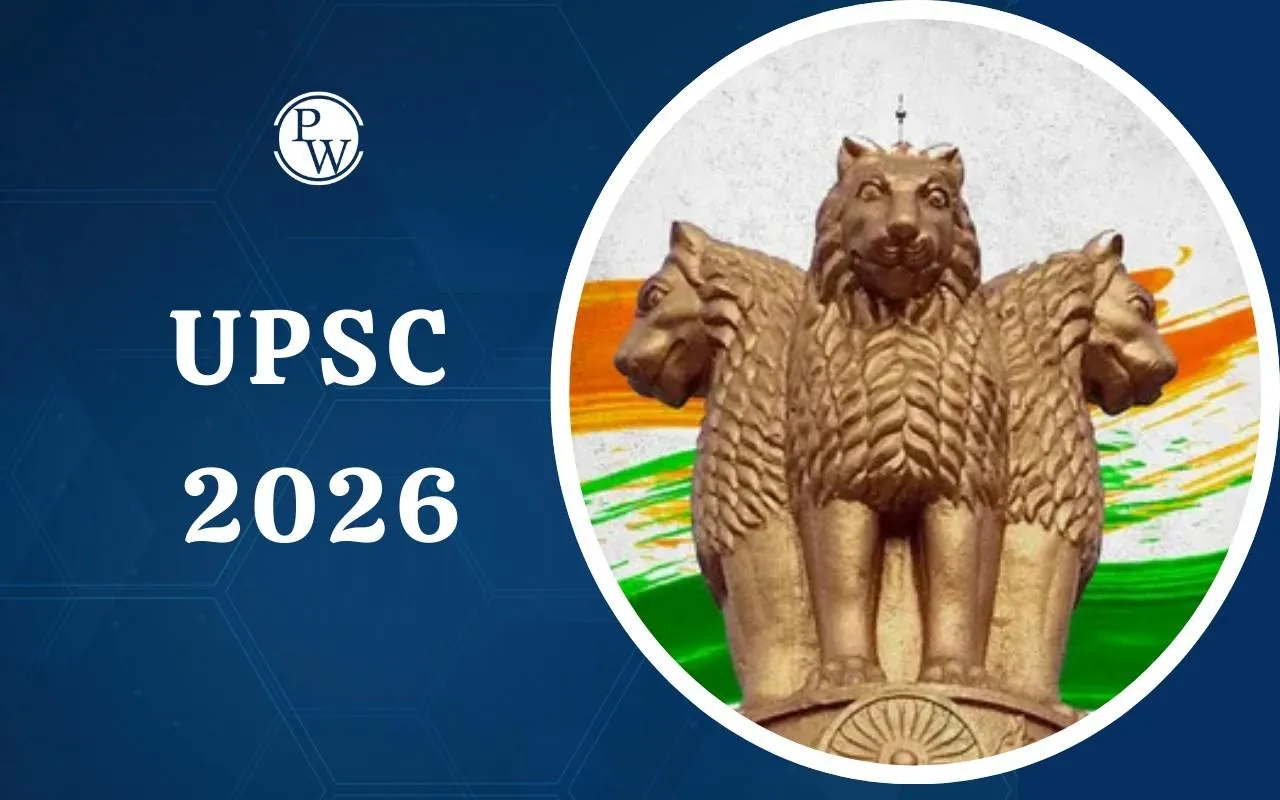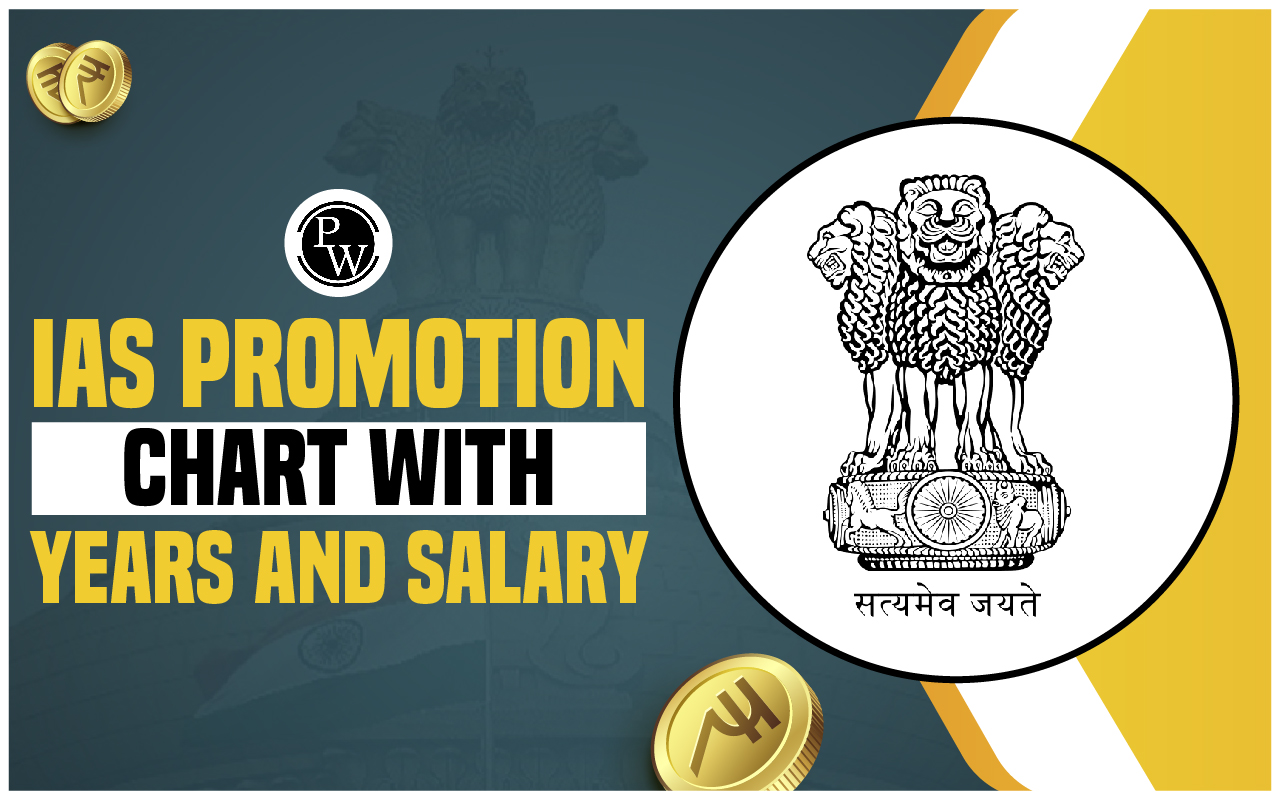
UPSC Law Optional Syllabus 2025: Choosing the right optional subject is a critical decision in the journey of UPSC Civil Services Exam aspirants. With 48 options available, Law emerges as a distinctive and strategic choice for many. It comprises two papers, each carrying 250 marks in the UPSC Mains, with a substantial weightage of 500 marks. The UPSC Law Optional Syllabus is divided, with Paper 1 focusing on Constitutional and Administrative Law and International Law, and Paper 2 covering the Law of Crimes, Law of Torts, Law of Contracts and Mercantile Law, alongside Contemporary Legal Developments.
Studying Law is relevant to civil services and governance. It enriches your preparation journey beyond the exam. It equips you for UPSC interviews and essay papers. It enhances your ability to articulate arguments and perspectives. From this guide, you can explore the comprehensive UPSC Law Optional Syllabus, strategic preparation tips, and other relevant tips.UPSC Law Optional Syllabus 2025
UPSC Law Optional Syllabus 2025 is divided into two papers with 250 marks each and a total of 500 marks. Paper I covers Constitutional and Administrative Law and International Law, while Paper II includes Law of Crimes, Law of Torts, Law of Contracts and Mercantile Law, and Legal Developments. Below is the overview of UPSC Law Optional Syllabus 2025 in the table:
|
UPSC Law Optional Syllabus 2025 Overview |
||
|---|---|---|
|
Paper |
Broad Areas Covered |
Key Topics Included |
|
Paper I |
Constitutional & Administrative Law, International Law |
Constitution, Fundamental Rights, Administrative Law, International Treaties, United Nations, Human Rights |
|
Paper II |
Law of Crimes, Law of Torts, Law of Contracts & Mercantile Law, Contemporary Legal Developments |
Criminal Law, IPC, Torts, Contracts, Property Law, Environmental Law, Cyber Law, ADR, Human Rights |
UPSC Law Optional Syllabus 2025 Paper 1
UPSC Law Optional Syllabus 2025 Paper I includes Constitutional and Administrative Law, International Law, and a comprehensive understanding of the legal frameworks that govern nations and their relations. This paper challenges aspirants to critically analyze and apply legal principles to various scenarios, testing their grasp of the Law's foundational structures and their global implications. Here is the complete UPSC Syllabus 2025 of Law Paper I :| UPSC Law Optional Syllabus 2025 Paper 1 | |
|
|
| 2. International Law |
|
UPSC Law Optional Syllabus 2025 Paper 2
UPSC Law Optional Syllabus 2025 Paper II covers the Law of Crimes, Law of Torts, Law of Contracts, and Mercantile Law. It also includes Contemporary Legal Developments. The paper evaluates an aspirant's ability to navigate and apply civil Laws. It assesses their relevance in the current legal landscape. The paper encourages a deeply analytical approach and understanding of practical aspects of Law. Check out the complete UPSC Mains Syllabus 2025 of Law Paper II:| UPSC Law Optional Syllabus 2025 Paper 2 | |
|
|
| 2. Law of Torts |
|
| 3. Law of Contracts and Mercantile Law |
|
| 4. Contemporary Legal Developments |
|
UPSC Law Optional Exam Pattern 2025
Understanding the exam pattern is overy important before aiming for any exam. UPSC Law optional exam pattern includes two papers carrying 250 marks each and the each paper ducation is 3 hours. Below is the detaild exam pattern of UPSC Law optional 2025:
| UPSC Law Optional Exam Pattern | |
| Particular | Details |
| Total Papers | Two, Paper I and Paper II |
| Total Marks | 500 (250 Each) |
| Time allowed | 3 Hours for each paper |
| Sections | Section A and Section B |
| Questions | Total 8 questions with subparts |
| Compulsory Question | Question No. 1 and 5 |
| Marks Distribution | 10, 15, and 20 marker questions |
UPSC Law Optional Success Rate
The success rate for UPSC Law Optional has been commendable, making it a lucrative choice for UPSC aspirants. In recent years, the subject has seen a steady success rate, with a notable percentage of candidates who chose Law making it to the final list.| UPSC Law Optional Success Rate | |||
| Year | No. of candidates | No. of candidates cleared | Success rate (%) |
| 2017 | 304 | 43 | 14.1 |
| 2016 | 365 | 19 | 5.2 |
| 2015 | 245 | 41 | 16.7 |
| 2014 | 235 | 40 | 17 |
Law Optional Subject Toppers List
Toppers who opted for Law have often credited their success to a mix of comprehensive understanding, structured preparation, and answer-writing practice. The list of notable toppers who selected Law as their optional subject includes:- Kritika Goyal, Rank 14, 2022
- Chaitanya Awasthi, Rank 37, 2022
- Jaspinder Singh, Rank 33, 2021
- Shraddha Gome, Rank 60, 2021
- Varuna Agrawal, Rank 38, 2020
- Vasu Jain, Rank 67, 2020
- Ishan Gupta, AIR 215, 2020
- Sparsh Gupta, Rank 562, CSE 2018
- Saumya Sharma, Rank 9, CSE-2017
- Pratik Tayal , Rank 92 CSE 2016
UPSC Law Optional Books List
With the right approach, Law can be highly scored due to its definite and objective nature. Embarking on the UPSC Law Optional journey necessitates a well-curated collection of resources. Here's a succinct list of essential UPSC Law optional books that form the backbone of a comprehensive Law optional preparation strategy.|
UPSC Law Optional Books List |
|
| UPSC Law Books for Paper I | UPSC Law Books for Paper II |
| Indian Constitutional Law by M.P. Jain | Law of Crimes by Dr. S.R. Myneni |
| Shorter Introduction to Constitution by D.D. Basu | General Principles of Criminal Law by Dr. K.N. Chandrasekharan Pillai |
| Corner State of a Nation by Granville Austin | Law of Crimes by Ratanlal & Dhirajlal |
| Indian Polity By M. Laxmikanth | Law of Tort – Autochthon Pillai Indian Contract Act Specific Relief Act- Pollock & Mulla |
| Introduction to the Constitution of India by D.D. Basu | Criminal Law: Cases and Materials by K.D. Gaur |
| Comparative Constitutional Law by D.D. Basu | Mercantile Law – R.K. Bangia |
| Constitutional Law Of India by Dr. J.N. Pandey | Jurisprudence – P.K. Tripathi and Dias |
UPSC Law Optional Strategy & Preparation Tips
As per toppers, their strategies emphasize the importance of an analytical approach and the application of legal principles to current issues.- Understand the Syllabus: Begin with a thorough analysis of the syllabus and previous years' question papers.
- Standard Textbooks and Resources: Refer to authoritative texts and UPSC Online Resource for each section of the syllabus to enhance your preparation.
- Short Notes: Make concise and organized notes while studying. Summarize important concepts, case Laws, and legal provisions. Notes aid in quick revision and serve as a valuable resource during exam preparation.
- Case Laws: Develop a strong grasp of landmark and recent case Laws, as they are often cited in questions.
- Answer Writing Practice: Practice writing answers daily in the language selected by you. Also, focus on structuring your answers logically and coherently.
- Revision and Mock Tests: Regular revision and taking mock tests will help in time management and improve answer quality.
UPSC LAW Optional Syllabus 2025 FAQs
Is Law a good option for non-law graduates?
How much time is required to prepare for Law optional?
Can I rely on online resources for preparation?
Is it important to practice from UPSC Law's previous year question papers?
How to revise the UPSC Law optional subject effectively?










